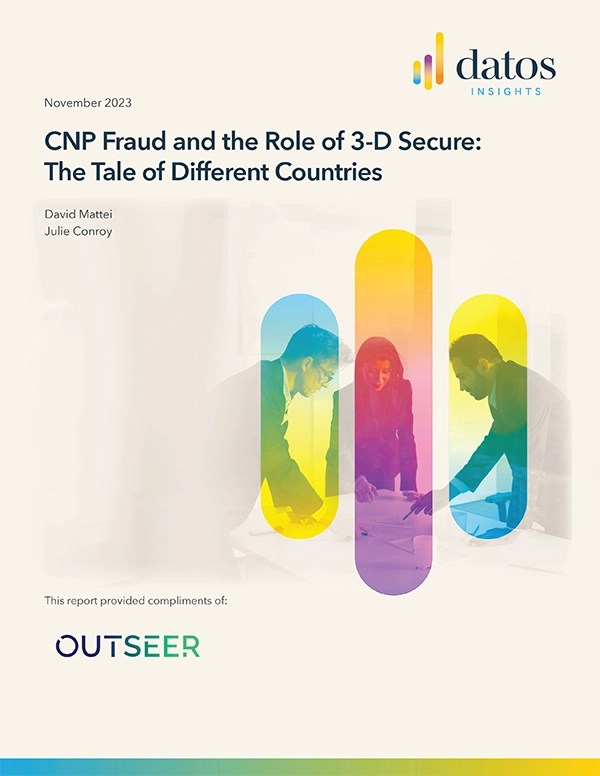Money mule operations are a crucial component of financial fraud — you can’t rob a bank without a getaway driver. In this blog, we’ll delve into what money mule operations are, how fraudsters use them to cash out scammed money, and how Outseer’s cyber intelligence feeds can help financial institutions combat this menace.
Understanding Money Mule Operations
Money mule operations involve using willing co-conspirators or unwitting dupes to facilitate the transfer of illicit funds — either the proceeds of scams (or thieves) or other types of unclean assets. These individuals are typically recruited online and may be completely unaware of their involvement in criminal enterprises, or they may be the victim of scams themselves — promised a chance to “recover” stolen money.
Recent statistics have shown a sharp increase in the involvement of older victims in money mule activities, with a 29% rise in those over 40 acting as money mules. However, it is crucial to note that naive victims under 24 years old are the most likely demographic to participate.
The Anatomy of a Money Mule Operation
- Recruitment: Fraudsters recruit money mules through various channels, including job listings, social media, or online forums. They entice them with promises of easy money and minimal effort. Work from home offers or shipping agent offers are some of the most common “job” covers for money mule operations. As highlighted by UK Finance, money mule recruiters have adapted their tactics during the pandemic by posting fake job advertisements on websites and social media. Figures reveal a concerning trend, with over 17,000 suspected money mule cases involving 21- to 30-year-olds in 2020, marking a five percent increase from the previous year.
- Money Transfer: Once a money mule is recruited, they are instructed to receive funds into their bank accounts or e-wallets. This money is often stolen from unsuspecting victims.
- Cash Out: The mule’s primary role is to withdraw the funds and send them to the fraudsters, typically through untraceable methods like cryptocurrency or money transfer services.
Statistics from Lloyds Banking Group reveal that many people are unaware of the possible 14-year prison sentence as punishment for being involved in money mule activities. This lack of awareness makes it even more critical for financial institutions and individuals to stay vigilant. American federal-level law enforcement, like the US Secret Service or FBI, assert universal jurisdiction on cases involving US victims, US banks, or US dollars. Following extradition, participants in money muleing may face a minimum of six months up to, and including, a possible 20-year sentence.
The Role of Cyber Intelligence Feeds
Here’s where Outseer’s cyber intelligence feeds come into play. These feeds provide invaluable information to financial institutions, helping them flag and investigate accounts, addresses, or emails that are associated with money mule activity. This proactive approach is instrumental in the fight against financial fraud.
Uncovering Compromised Accounts and Money Laundering
In addition to flagging money mule activities, Outseer’s feeds can reveal compromised accounts and connections to money laundering schemes. This information is critical for financial institutions looking to protect their assets and reputation.
Cash laundered by money mules is used by criminals to facilitate serious crimes such as terrorism, drug trafficking, and people smuggling, underscoring the far-reaching consequences of these illicit activities.
Money mule operations are a key enabler of financial fraud, but with the right tools and intelligence, financial institutions can fight back. Outseer’s cyber intelligence feeds empower businesses to identify and combat money mule activities, ultimately safeguarding their finances and reputation.
Unmasking Money Mule Operations: How Cyber Intelligence Combats Financial Fraud
Discover the critical role money mule operations play in financial fraud and the pivotal need to combat these schemes. Join us, on Jan 10 2024 at 3:00pm GMT, for an in-depth exploration of how cyber intelligence feeds, such as those from Outseer, can empower financial institutions in this fight.















